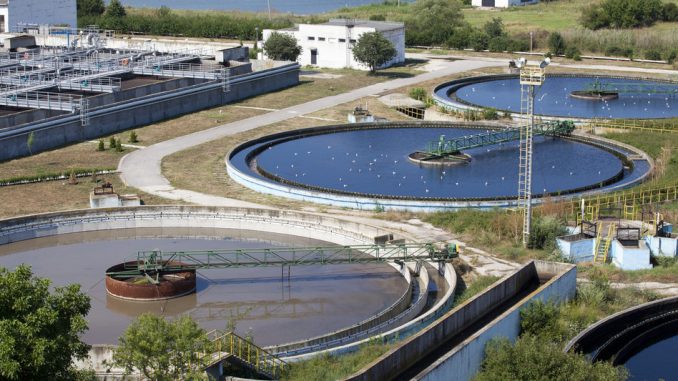
- Wastewater treatment is necessary before wastewater can be disposed of without producing significant undesirable or even harmful effects.
- However, some communities and municipalities still dispose of inadequately treated wastewater into natural bodies of water.
- This might be doing it so either because they are indifferent to the consequences or because it is assumed that the body of water is sufficiently large and so located that dilution prevents hazards.
- Communities and municipalities can no longer rely on disposal of wastewater by dilution.
- There is an ever-increasing demand for domestic and industrial water, necessitating more reuse of waters that receive waste waters.
Disposal of inadequately treated water leads to:
- Greater possibility for dissemination of pathogenic microorganisms
- Increased risk in using natural bodies of water for supplying drinking water
- Contamination of oysters and other shellfish by the pollution, making them unsafe for human consumption
- Large losses in the waterfowl population, chargeable to pollution of their winter feeding grounds
- Increased danger of swimming in the water and diminished value of the water for other recreational purposes
- Depletion of oxygen supply of the water by unstable organic matter in sewage, killing aquatic life
- Creation of miscellaneous objectionable conditions such as offensive odors and accumulation of debris, which decrease property values
- Accumulation and dissemination of toxic chemicals that endangering ecosystems and threatening public health